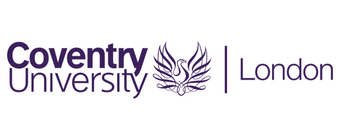The BSc (Hons) Applied Biosciences degree course explores life at all levels from chemicals, molecules and cells to organ systems. You will also explore human health and illness and how they are managed in the context of contemporary research, as well as how populations, communities and the environment influence health and illness.
Course content and assessments have been designed to help you develop both theoretical knowledge and understanding, as well as the practical skills to enhance your career and academic opportunities. Each year, the course is reviewed to ensure it includes the major causes of illness and death globally, as researched by the World Health Organisation (WHO) as well as the major causes of sickness absence from the workplace, to give you a rounded understanding of the way disease affects human life.














